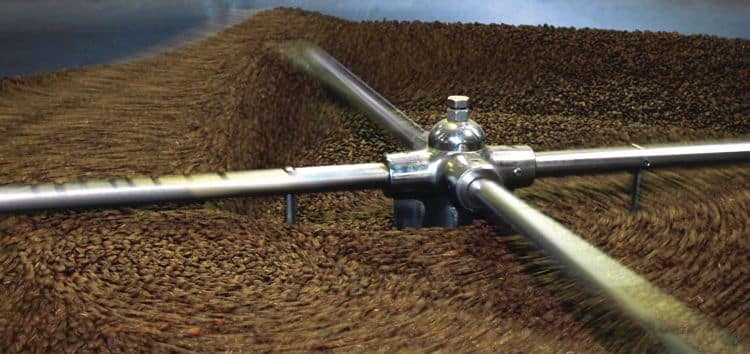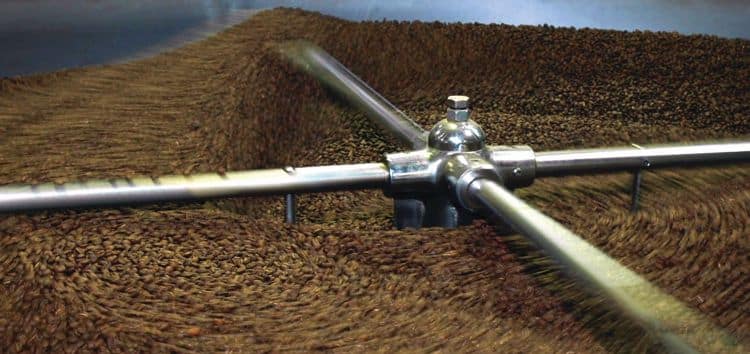COFFEE CUPS AND PLASTIC BOTTLES INQUIRY LAUNCHED IN UK
The Environmental Audit Committee at the House of Commons in the UK has launched an inquiry into the damaging being done to the environment by disposable drinks packaging, focusing on the impact of coffee cups and plastic bottles. The inquiry will look at what actions are being undertaken by industry and UK government to reduce waste generated by […]
COFFEE CUPS AND PLASTIC BOTTLES INQUIRY LAUNCHED IN UK Read More »











